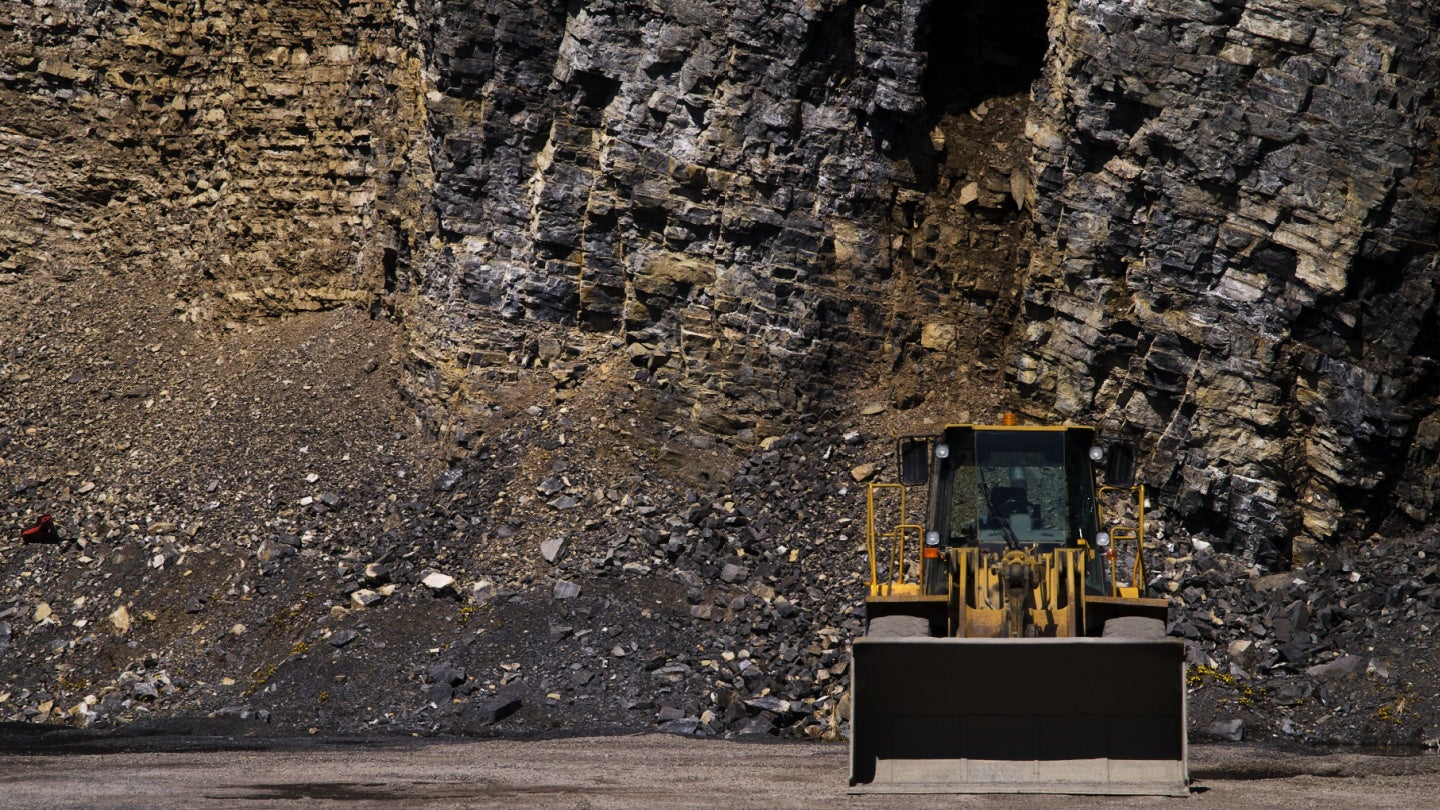
Rio Tinto Exploration Canada has entered an option agreement with Midland Exploration to acquire ten properties with lithium potential in the James Bay region in Quebec, Canada.
The properties include a total of 2,009 claims covering a surface area of more than 1,000km².
The option deal follows the recent identification of several new exploration targets for lithium on the properties.
This covers three new projects, which the company recently acquired after an in-house analysis of lake bottom sediment data.
According to the agreement, Rio Tinto may acquire a 50% interest in the properties over a period of five years.
Both companies have laid down conditions that include a $500,000 (C$666,461) cash payment within 45 days of the lifting of wildfire restrictions in the province, so that Rio Tinto can begin operations at the properties.

US Tariffs are shifting - will you react or anticipate?
Don’t let policy changes catch you off guard. Stay proactive with real-time data and expert analysis.
By GlobalDataThe second clause pertains to the payment of exploration expenses totalling $14.5m, which includes a commitment to spend not less than $2m in the first 18 months after the lifting of the wildfire restrictions.
Furthermore, the company will pay $100,000 annually for five years.
After acquiring half the stake in the properties, Rio Tinto has the option to increase it to 70% over a period of five years, upon paying an additional $50m in exploration expenditures.
The two companies plan to prepare a summer exploration programme in the coming weeks.
The programme will initially include airborne surveys and prospecting, which will be subject to the lifting of the wildfire restrictions, environmental stewardship, the safety of employees and contractors, and local First Nations and other communities.



